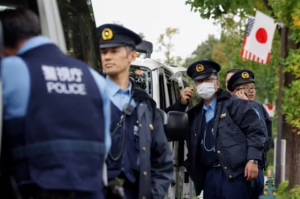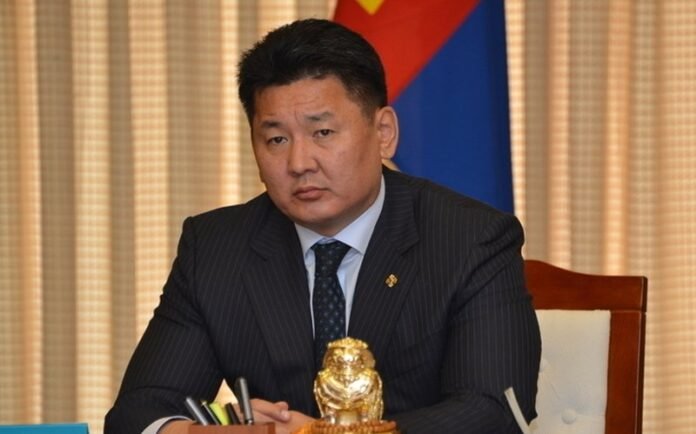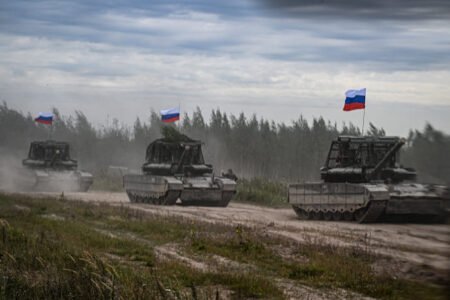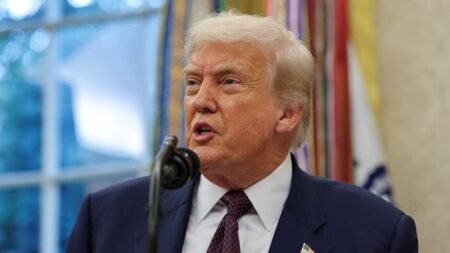Khurelsukh Ukhnaa is the current President of Mongolia and one of the country’s most influential political figures in recent decades. Born on June 14, 1968, in Ulaanbaatar, Khurelsukh has risen through military, parliamentary, and executive ranks to become the sixth President of Mongolia. His leadership style combines strong nationalist ideals, military discipline, and a focus on tradition and national unity.
Khurelsukh’s early life and education laid the groundwork for his political career. He graduated from the Military University of Mongolia in 1989 with a focus on political studies, then later completed further education in public administration at the National University of Mongolia. His background in the military has strongly influenced his leadership image and policy priorities, especially in the areas of national security and disaster preparedness.
He began his professional life as a political commissar in the Mongolian Army before transitioning into politics in the 1990s. As a dedicated member of the Mongolian People’s Revolutionary Party, later renamed the Mongolian People’s Party (MPP), he quickly climbed the political ladder. His connection with the public and ability to communicate with both urban and rural voters helped him gain wide popularity.
Khurelsukh was elected to the State Great Khural, Mongolia’s parliament, multiple times. During his time as a parliamentarian, he focused on social welfare, emergency response systems, and strengthening national identity. He later held key cabinet positions, including Minister for Emergency Situations and Deputy Prime Minister. His work in these roles was widely recognized, particularly his focus on improving Mongolia’s emergency services and disaster resilience.
In 2017, Khurelsukh was appointed as the 31st Prime Minister of Mongolia. As prime minister, he took on major challenges such as urban air pollution, infrastructure development, and the public health response to the COVID-19 pandemic. He was praised for his firm decisions, but his term also faced criticism. In January 2021, he resigned following protests related to the treatment of a COVID-19 patient. The public unrest reflected broader dissatisfaction with healthcare management, but Khurelsukh took full responsibility and stepped down.
Despite his resignation, his popularity remained strong. He ran for president in the June 2021 election and won with a clear majority, becoming the first military-trained leader to hold the office in Mongolia’s modern democratic era. His presidency marks a significant shift in tone and focus, with greater attention to national pride, culture, and Mongolia’s place in regional geopolitics.
As president, Khurelsukh Ukhnaa has placed emphasis on strengthening Mongolia’s foreign relations, especially with neighboring countries such as Russia, China, and members of Central Asia. He has played a key role in initiatives like the modern Silk Road cooperation with countries such as Uzbekistan. In June 2025, he hosted Uzbek President Shavkat Mirziyoyev in Ulaanbaatar to expand tourism and cultural partnerships. These efforts aim to diversify Mongolia’s economy and promote regional ties through historical and cultural links.
Khurelsukh also supports economic modernization, green development, and foreign investment. His administration has encouraged international cooperation in renewable energy and eco-tourism, while also pushing for the preservation of Mongolia’s traditional lifestyle and nomadic heritage. He is often seen wearing traditional Mongolian attire at public events, symbolizing his commitment to national culture.
The president’s strongman image and discipline-based approach resonate with many Mongolians, particularly those outside major cities. His leadership reflects a desire for order, sovereignty, and independence in a rapidly globalizing world. He advocates for a strong state that can stand firm against external pressures while taking pride in its unique history and values.
Khurelsukh Ukhnaa continues to shape Mongolia’s future with a combination of tradition and ambition. His presidency represents not just a political role, but a cultural symbol of a proud nation seeking progress while honoring its past.







